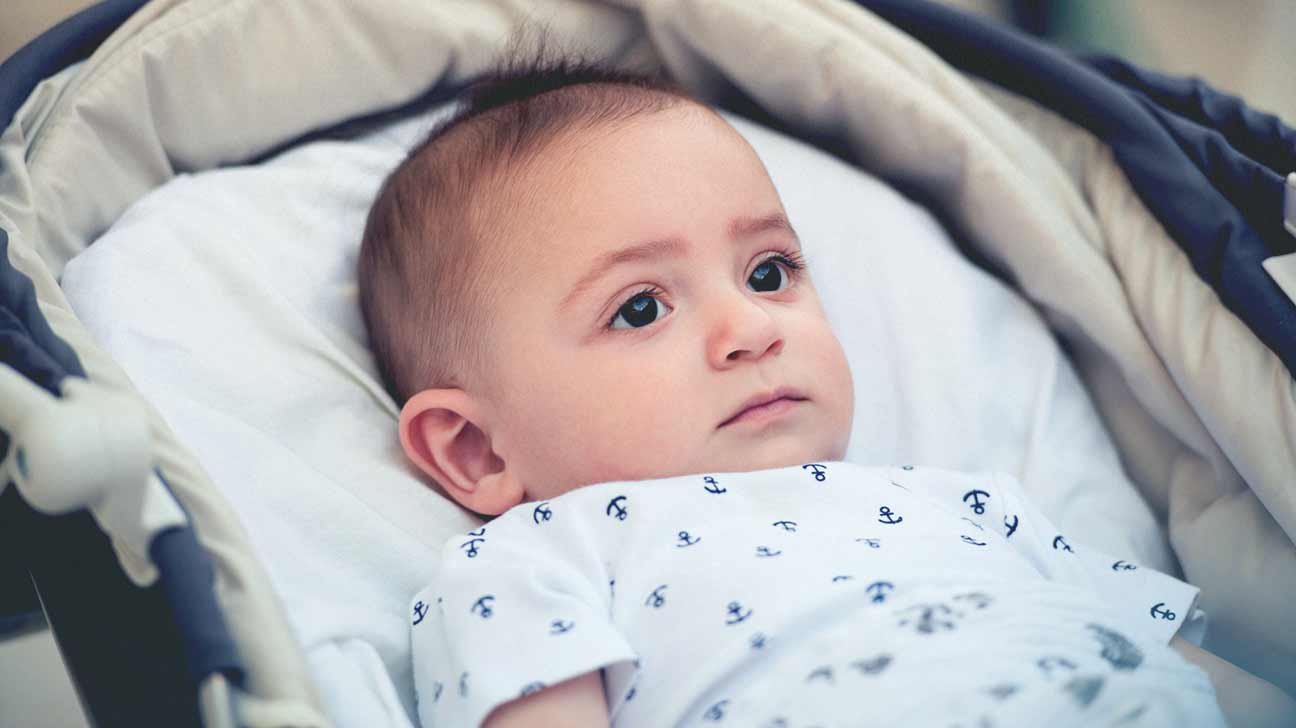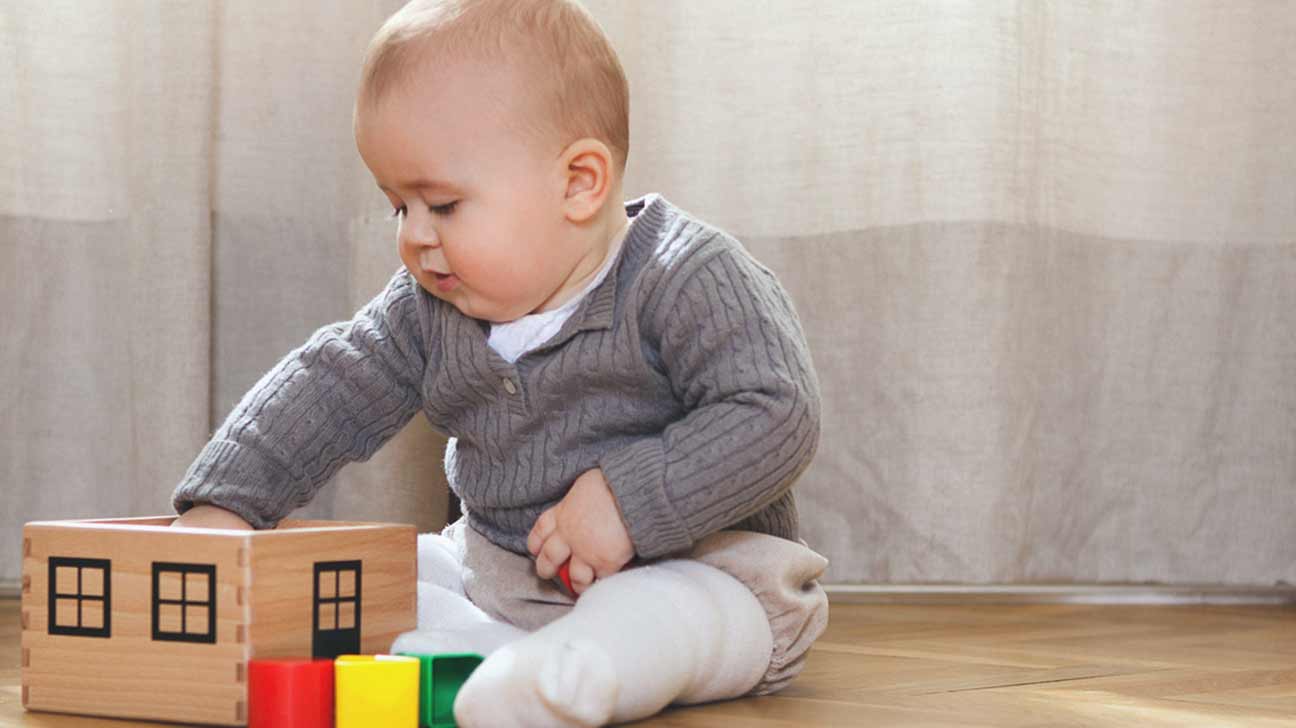When Can A Baby Start To See
When Can A Baby Start To See - One of the most amazing things about having a newborn is watching them grow and develop. From learning to hold their heads up to taking their first steps, there are so many milestones to look forward to. One of the most important developments is your baby's vision. Though it may seem like newborns can't see much, they are actually born with the ability to see and learn about the world around them. In this article, we will take a closer look at the development of a baby's vision, from the first few weeks of life to the first year and beyond.
When Do Newborns Start to See?
The First Weeks of Life

Contrary to popular belief, newborns are born with the ability to see. But in the first few weeks of life, their vision is still developing. Newborns are most interested in looking at faces and high-contrast patterns, such as black and white stripes. They can also see bright colors, but may have a harder time distinguishing between different shades.
To help stimulate your baby's vision, provide them with age-appropriate toys and mobiles. High-contrast pictures and books can also be beneficial.
When Do Newborns Start to See?
Months 2-3

By 2-3 months of age, your baby's vision has improved significantly. They can now see further away and may even begin to reach for objects they see.
At this age, it's important to continue stimulating your baby's vision with age-appropriate toys and books. Playing peek-a-boo is also a fun way to help develop your baby's face recognition skills.
What Does Baby See? Newborn Vision Through the First Year
Months 4-6

At 4-6 months, your baby's vision has significantly improved. They can now see colors more clearly and may begin to develop depth perception.
At this age, it's important to continue to provide age-appropriate toys and books that stimulate vision. Activities such as playing with balls or stacking blocks can also help improve your baby's hand-eye coordination.
What Does Baby See? Newborn Vision Through the First Year
Months 7-12

By 7-12 months, your baby's vision has almost reached adult-like levels. They can now see fine details and even begin to recognize familiar faces and objects.
To help improve your baby's vision and cognitive development, provide them with age-appropriate toys and books that encourage exploration and problem-solving. Playing simple games such as "where's the ball" or "pat-a-cake" can also improve your baby's coordination and cognitive skills.
What Can My Baby See? A New Parent's Guide To Newborn Vision
Beyond the First Year

After the first year of life, your baby's vision will continue to develop and refine. As they grow and learn, provide them with age-appropriate toys and books that encourage exploration and learning. Activities such as drawing and coloring can also help improve your baby's hand-eye coordination and fine motor skills.
Tips and Ideas for Stimulating Your Baby's Vision
- Provide high-contrast toys and books in the first few weeks of life.
- Play with your baby, making eye contact and talking to them.
- Use brightly colored toys and books to stimulate their vision.
- Play peek-a-boo and other face recognition games with your baby.
- Provide age-appropriate toys and mobiles that encourage exploration and learning.
- Encourage your baby to reach and grab for objects they see.
- Play simple games such as "where's the ball" or "pat-a-cake".
- Provide paper and crayons for your baby to draw and color.
How to Check Your Baby's Vision
Checking your baby's vision is an important part of their overall health and development. Here are some steps you can take to check your baby's vision:
- Observe your baby's eye movements and behavior.
- Watch for any signs of eye problems, such as a lazy eye or crossed eyes.
- Take your baby to regular well-baby checkups to check their vision.
- If you have any concerns about your baby's vision, speak to your pediatrician.
Overall, your baby's vision is a crucial part of their development. By providing them with age-appropriate toys and books that stimulate vision and encouraging exploration and learning, you can help them reach important milestones in their vision and cognitive development. If you have any concerns about your baby's vision, be sure to speak to your pediatrician.
View more articles about When Can A Baby Start To See
Post a Comment for "When Can A Baby Start To See"